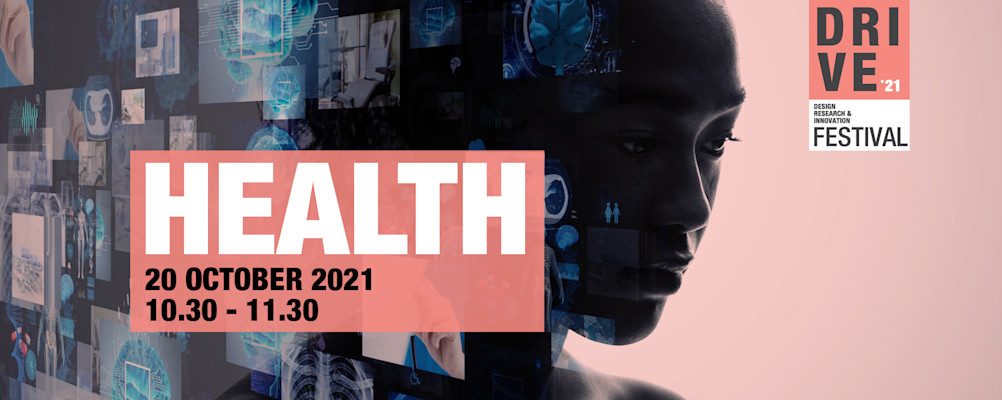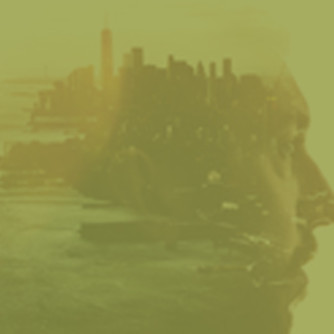DRIVE 2021 - Health
Net als vorig jaar streek het Design Research & Innovation Festival dit jaar neer in De Effenaar, tijdens de Dutch Design Week. En net als vorig jaar maakten we er - samen met Design United - een hybride en interactief evenement van, waar jij vanuit huis bij aan kon schuiven. Vijf thema's in vijf dagen. Health was op woensdag 20 oktober aan de beurt, van 10.30 - 11.30. Over methoden die ervoor zorgen dat de zorgverlener en de patiënt meer betrokken worden bij het zorgsysteem van de toekomst en hoe deze eruit zou kunnen zien, en over learning communities.







